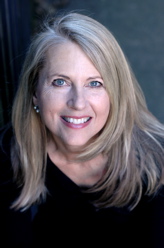 Anthony Williams wrote the novel Scales about a man who wakes up with scales all over his body and his consequent adventures. My immediate association was with Kafka's Die Verwandlung, but this is a SciFi novel about a man who discovers his own supernatural abilities and finds he needs to save the world from super potent threat. But that is not what the interview Paula B has with him on The Writing Show is all about.
Anthony Williams wrote the novel Scales about a man who wakes up with scales all over his body and his consequent adventures. My immediate association was with Kafka's Die Verwandlung, but this is a SciFi novel about a man who discovers his own supernatural abilities and finds he needs to save the world from super potent threat. But that is not what the interview Paula B has with him on The Writing Show is all about.The show is about structure and although Williams seems very apt at writing structurally, the odd thing about Scales is that the story developed out of a dream he had had and that had him freely associating and laboring on the story without any structure until it was nearly half finished. That is why this episode is called organic writing.
Nevertheless, the show maintains structure and structure is more central in the conversation. I was struck by this beginning nevertheless. I wondered whether maybe Williams succeeded so well by working without a structure, because he is so used to it otherwise. He must have internalized structures so that he could leave them as a back burner. If so, then this method may not work at all for intuitive persons like myself.
For me in turn, trusting the intuition, ti would be a good alternative to try working in a very structured way for a change. Food for investigation. Good show. Thank you Paula. And thank you Anthony.




